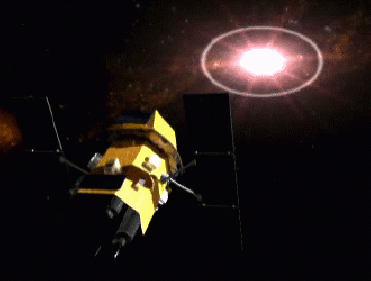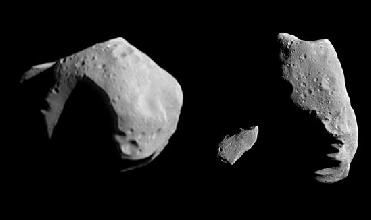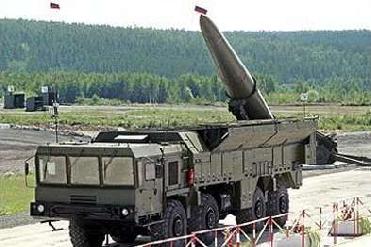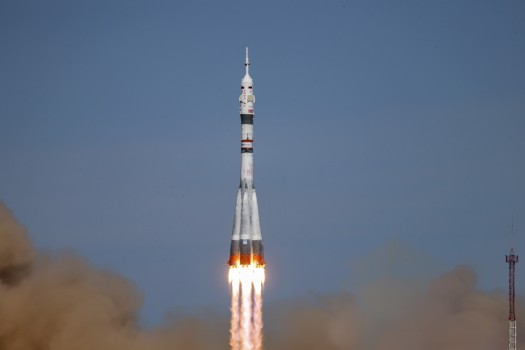
NEW YORK (BNS): After analyzing the data collected by NASA's Swift satellite of the explosion GRB 080319B on March 19, the American space agency says the powerful stellar blast was aimed at the Earth.
The gamma ray burst was so bright that it was even visible to the naked eye. The burst, which occurred at 2:13 am EDT on March 19 this year, was pointed at the constellation Bootes. It is said that such an alignment occurs by chance once in a decade and is rare to catch.
Talking about the capture of the gamma-ray burst, Swift principal investigator Neil Gehrels at NASA's Goddard Space Flight Center in Greenbelt, Md, said that Swift was designed to find unusual bursts. “We really hit the jackpot with this one,” Gehrels said.
Judith Racusin of Penn State University and a team of 92 co-authors are reporting their observations in Thursday’s issue of Nature. They will report on what happened on the surface half-an-hour before the explosion and the afterglow for months. The team of scientists has arrived at a decision that burst's extraordinary brightness arose from a jet that shot material directly toward Earth at 99.99995 per cent the speed of light.
Scientists have stated that at the same moment Swift saw the burst, the Russian KONUS instrument on NASA's Wind satellite also sensed the gamma rays and provided a wide view of their spectral structure. “A robotic wide-field optical camera called ‘Pi of the Sky’ in Chile simultaneously captured the burst's first visible light,” the scientists said.
They said that within the next 15 seconds, the gamma-ray burst brightened enough to be visible in a dark sky to the human eyes. “It briefly crested at a magnitude of 5.3 on the astronomical brightness scale. Incredibly, the dying star was 7.5 billion light-years away,” they added.
It is said that telescopes across the globe were studying the afterglow of another burst when GRB 080319B exploded just at a distance of 10 degrees. Astronomers have said that Tortora, a robotic wide-field optical camera operated in Chile with Russian-Italian collaboration, also caught the early light. “The Tortora's rapid imaging has provided the most detailed look of the burst's initial gamma-ray blast,” they said.
As soon as the burst happened, Swift's Ultraviolet and Optical Telescope and X-Ray Telescope sent messages of being blinded, while Racusin initially felt something was wrong. However, as soon as it started receiving reports from other observers it knew that it was a special event.
Scientists believe that gamma-ray bursts are the universe's most luminous explosions. They occur when massive stars run out of nuclear fuel. As a star's core collapses, it creates a black hole or neutron star that through processes not fully understood, drive powerful gas jets outward. “As the jets shoot into space, they strike gas previously shed by the star and heat it, which generates bright afterglows,” they said.
The team is of the opinion that the jet was directed towards Earth, containing an ultra-fast component just 0.4 of a degree across. “This core resided within a slightly less energetic jet about 20 times wider,” the team said.
Explaining the process, Racusin said that it's this wide jet that Swift usually sees from other bursts. “Maybe every gamma-ray burst contains a narrow jet too, but astronomers miss them because we don't see them head-on,” He added.
Managed by Goddard, Swift was built and is now operated in collaboration with Penn State, Los Alamos National Laboratory, and General Dynamics in the US; the University of Leicester and Mullard Space Sciences Laboratory in the United Kingdom; Brera Observatory and the Italian Space Agency in Italy; plus additional partners in Germany and Japan.
 Previous Article
Previous Article Next Article
Next Article












The Indian Air Force, in its flight trials evaluation report submitted before the Defence Ministry l..
view articleAn insight into the Medium Multi-Role Combat Aircraft competition...
view articleSky enthusiasts can now spot the International Space Station (ISS) commanded by Indian-American astr..
view article